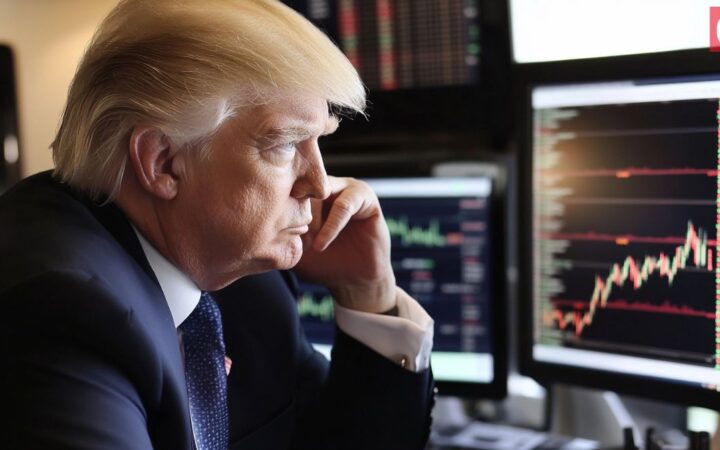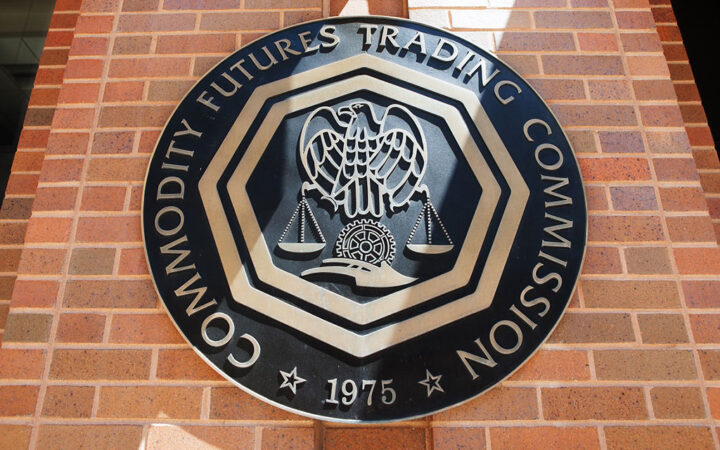
Ibukun is a crypto/finance writer interested in passing relevant information, using non-complex words to reach all kinds of audience. Apart from writing, she likes to see movies, cook, and explore restaurants in the city of Lagos, where she resides.
US senators Kirsten Gillibrand and Cynthia Lummis will release a new draft of the bipartisan crypto bill in April.

Gillibrand revealed the plan for the new draft while speaking at the Senate Agriculture Committee hearing on March 8. The event was held to discuss the Commodity Futures Trading Commission (CFTC) oversight. While speaking, the American politician mentioned the previous crypto bill she initially drafted with Senator Lummis. She asked CFTC chairman Rostin Behnam for his opinion on the bill.
In July 2022, the senatorial duo unveiled a comprehensive legislative proposal aimed at regulating digital assets. Titled the “Responsible Financial Innovation Act,” the bill highlights future roles in regulating the crypto market. The draft also encourages digital assets firms to be transparent and provide explicit information to customers to enable them to make informed decisions. Additionally, the bill sought to classify most digital assets as commodities. The senators’ proposition also differed from the general idea that the SEC should oversee crypto regulation. Gillibrand and Lummis opined that the CFC should have authority over digital assets. According to Gillibrand, the next draft of the crypto bill will be available in April, specifically by the middle of the month. She explained that the target is to provide a platform for a nationwide discussion on a holistic approach to digital assets.
“To make sure that digital assets have the character of securities are regulated by the SEC, to have the assets that have the [unintelligible] of commodities are regulated by the CFTC, to make sure stablecoins can be overseen by the OCC, to make sure that there are tax provisions for the entire industry.”
The CFTC boss commented on the presentation of the crypto bill expected to roll out by the middle of April. He said the most recent draft shows that the senators had “carefully and thoughtfully considered all components of the market,” especially considering cybersecurity and stablecoins. Behnam stated:
“I think given what we experienced and what we saw with FTX, a premium on obviously segregation of assets, on customer conflicts of interest and ensuring that those conflicts are walled off very carefully, I think there are different questions that we probably have to ask in many respects with respects to digital asset in light of cybersecurity, vendor risk, third party service providers.”
Gillibrand of the Democratic party and Lummis of the Republican party came together in March 2022 to work on a crypto bill whose latest draft will be available in April. Despite that it is a bipartisan effort, it remains unclear if the new Congress endorses the legislation. However, if the proposal is passed and signed into law, it will guide digital assets. It will also offer clarity on crypto regulation.
Disclaimer: Coinspeaker is committed to providing unbiased and transparent reporting. This article aims to deliver accurate and timely information but should not be taken as financial or investment advice. Since market conditions can change rapidly, we encourage you to verify information on your own and consult with a professional before making any decisions based on this content.

Ibukun is a crypto/finance writer interested in passing relevant information, using non-complex words to reach all kinds of audience. Apart from writing, she likes to see movies, cook, and explore restaurants in the city of Lagos, where she resides.




